SYNAPSES Evaluated Resources
On this page you can find all resources that have been identified and evaluated by the SYNAPSES consortium. Are you looking for resources specifically for you? Use the filtering system on the left.
For a description of the Aims and Learning Outomes (LO) refer to this page.
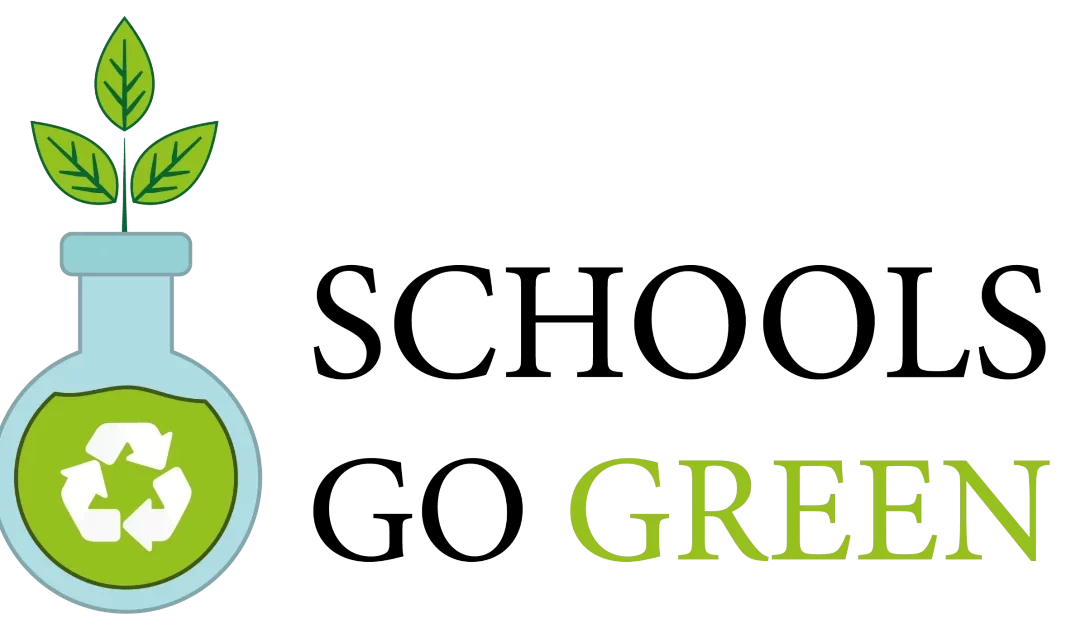
Schools go Green
This educational material consists of a multimedia Eco-Glossary based on small stories accompanied by a set of e-learning materials using audio-visual tools, like presentations for students, teacher handbooks and lesson plans. The learning material follows the whole school approach as it involves teachers, teacher educators, school leaders and researchers.
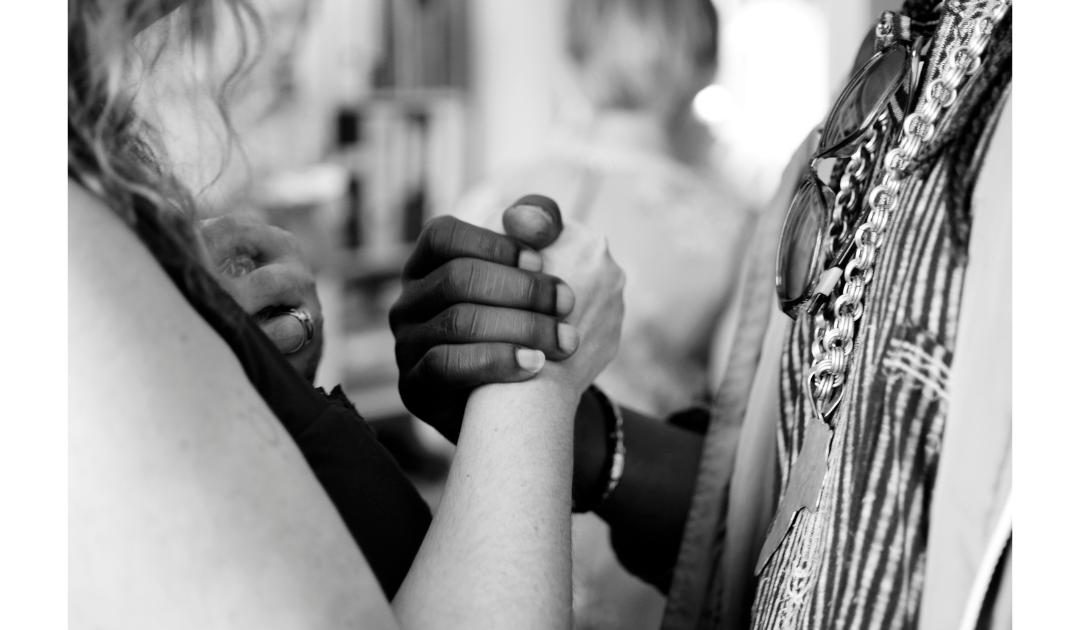
Stimulating Collective Self-Efficacy
This Headstart provides suggestions for the following practical questions:
• How do I stimulate teachers to bring out the best of themselves?
• How do I stimulate teachers to bring out the best of their students?
• How do I stimulate teachers to persist in teaching the most vulnerable students?
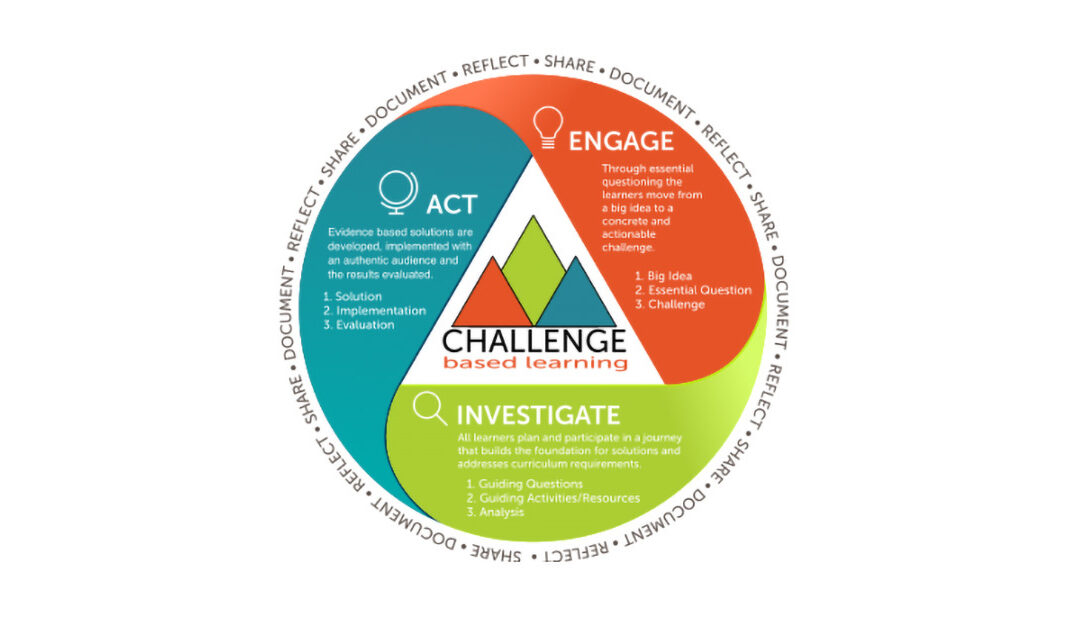
Challenge Based Learning Guide and Toolkit
This Guide to Challenge Based Learning and online toolkit are designed to introduce educators to this student-centred approach to learning in a real world, interdisciplinary way.
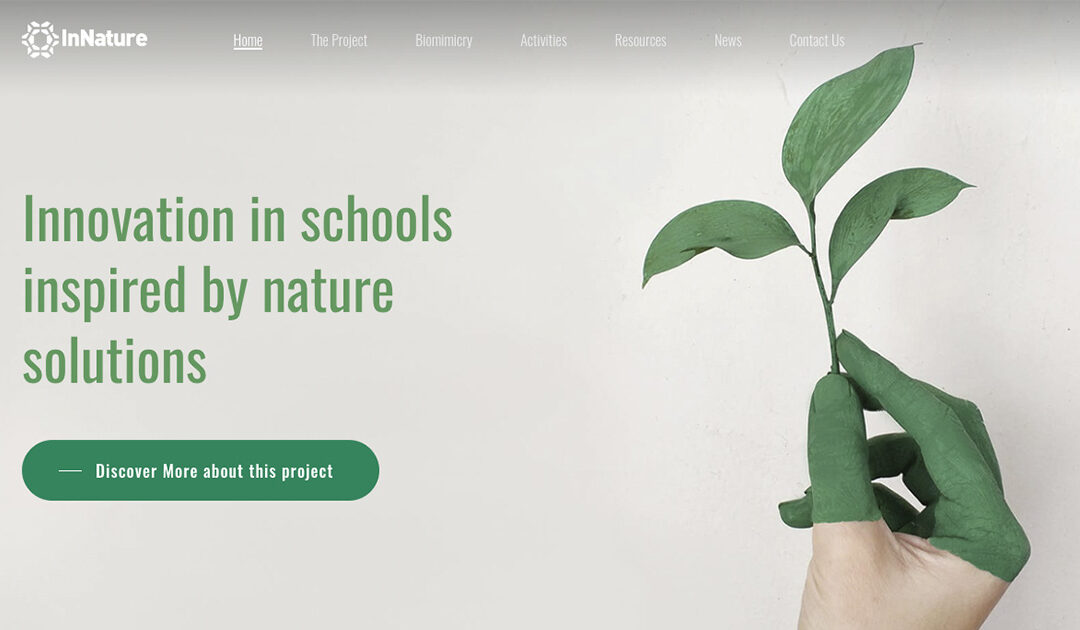
InNature
The InNature Project promotes biomimicry awareness and skills in schools, offering two toolboxes: the “Biomimicry Challenge” with lesson plans, and “Biomimicry 3.8” for workshops. Resources include teacher training, a toolkit, good practices catalog, and a 3-day “InNature Fair.” Materials are accessible online in multiple languages.
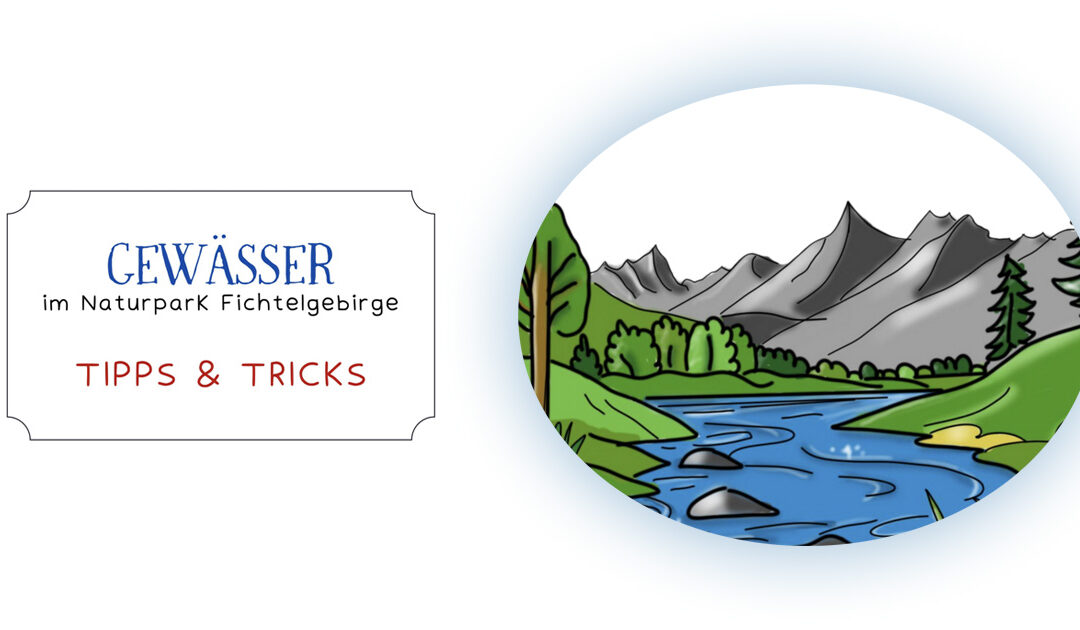
Water Bodies
During an educational visit to a local water body near their schools, students gain firsthand experience and knowledge about the characteristics of watercourses, their ecological significance, and the reasons why protecting them is especially crucial in natural spring regions.
Lessons were created using the Fichtelgebirge as an example.
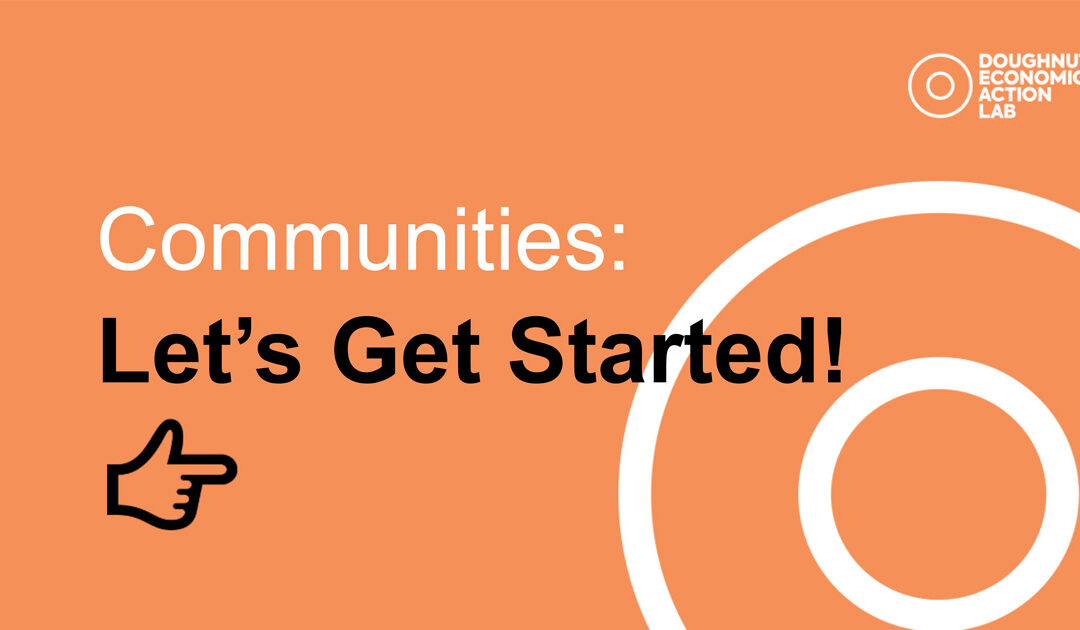
Communities: Let’s Get Started! – Doughnut Economics
Let’s Get Started is a collection of tools & stories to apply the ideas of Doughnut Economics to your community.
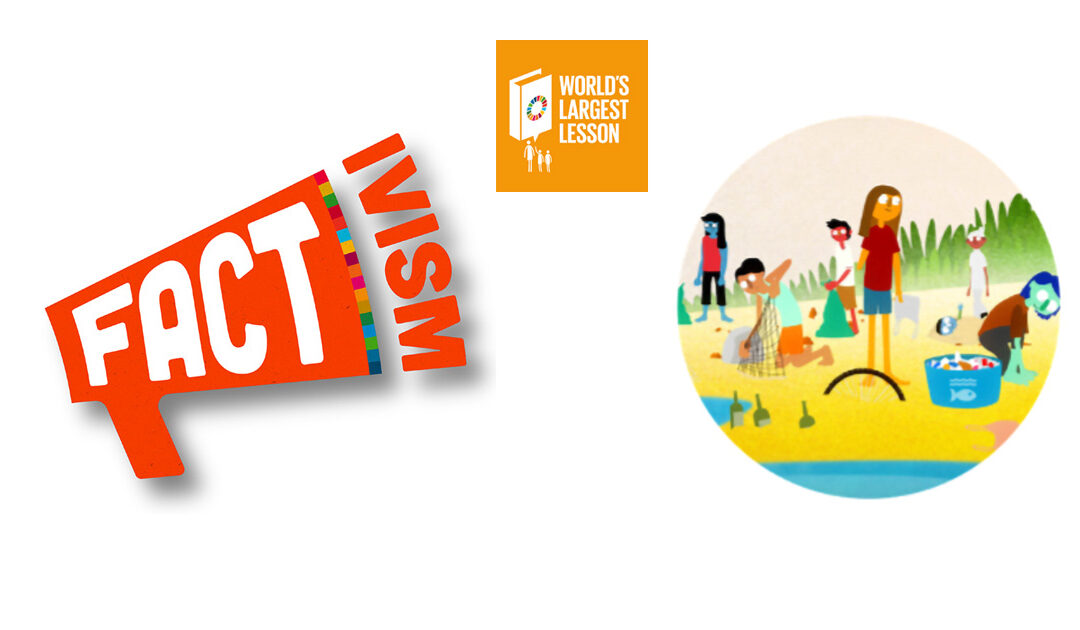
Fact-ivism and Community Action Planning
Students learn about data and pick a data point that inspires them to take action for the UN SDGs.The resource sets out to use the Global Goals as a catalyst for students in identifying a local community issue that they want to help solve, and create an action plan to get started.
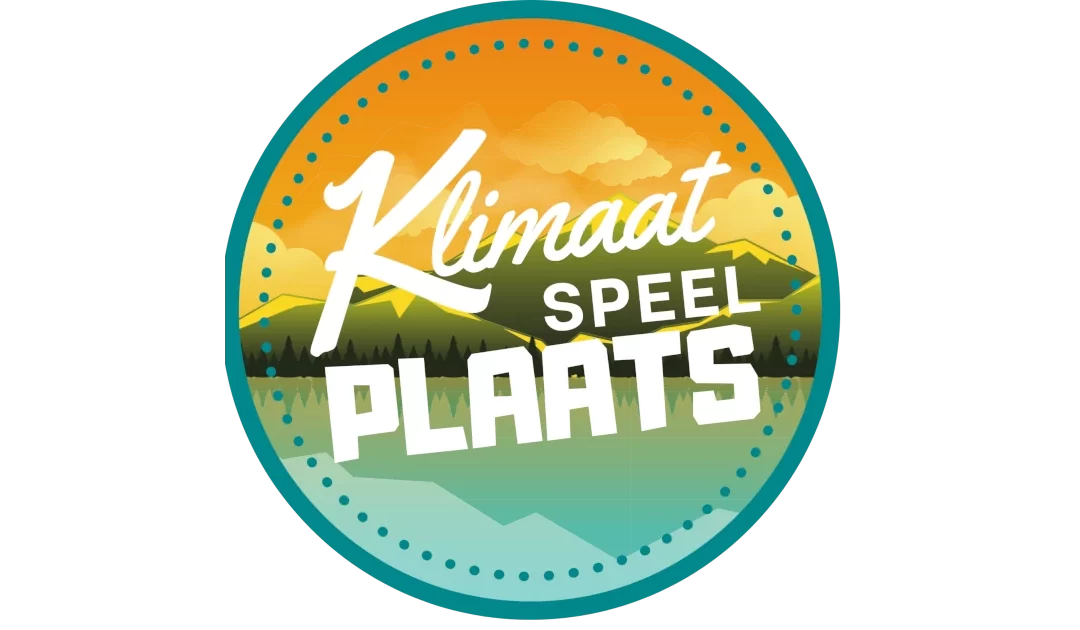
Climate Playground
Climate playground is an Erasmus+ project executed by the Sint-Paulus school and partners in Belgium. The school transformed from a tiled, grey playground with little greenery into a ‘climate-adaptive’ school ground. On the website, they showcase what they have done and give practical tips for how others can implement this.
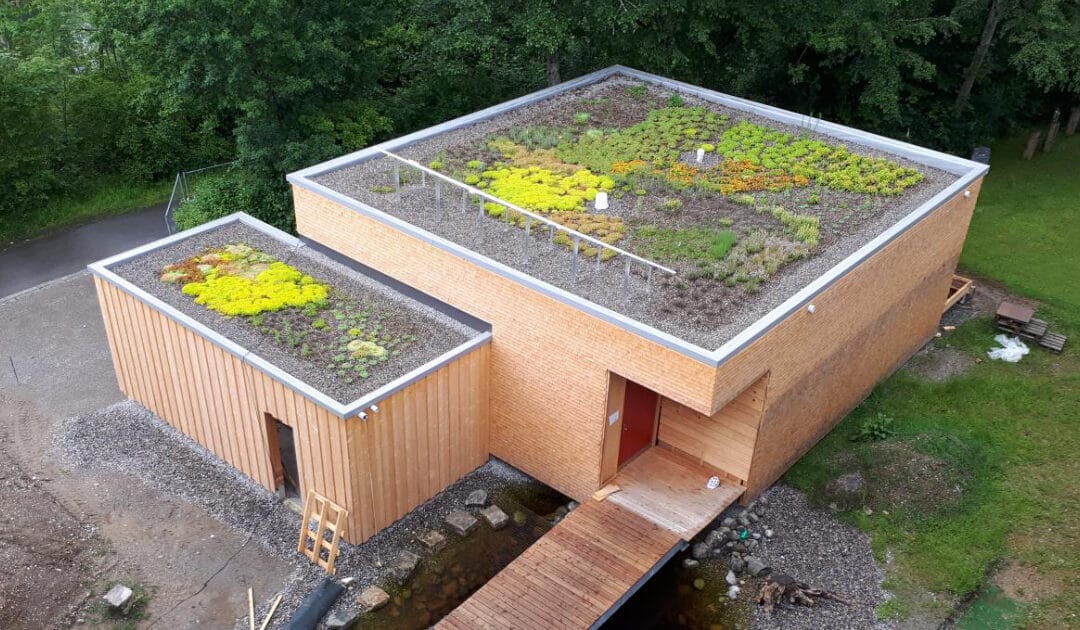
The Energy House: A Project of the Energy Club at Isny Secondary School
Sustainable, energy-efficient, self-built – that’s three words to describe ‘The Energy House’ in the school garden at Isny High School. See how a motivated teacher and his students planned and constructed a building that is as sustainable and energy-efficient as possible.
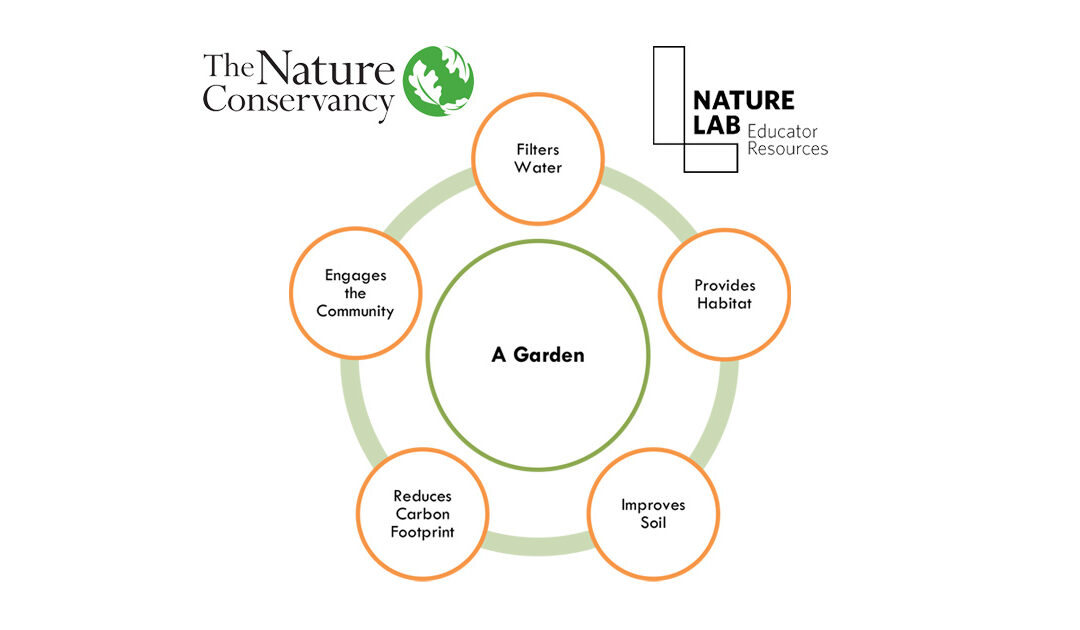
Nature Lab Garden Lesson Plan
The purpose of this activity guide is to teach students the ecological functions found in any natural system and model how these functions are performed by a natural area like a garden.
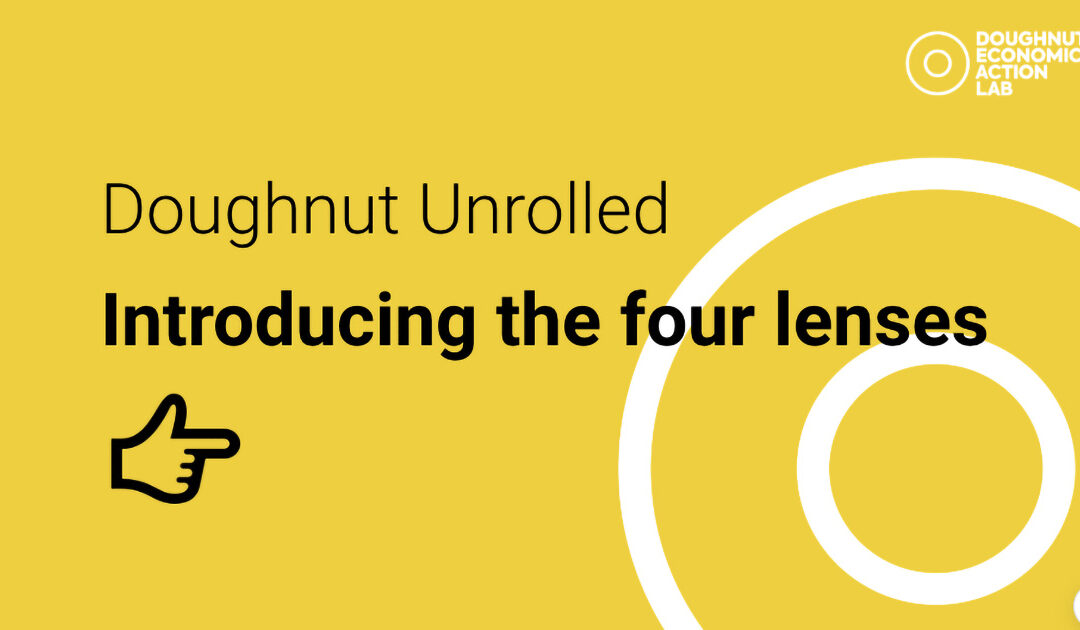
Doughnut Unrolled: Introducing the four lenses
Doughnut Unrolled is an introduction to the concept of Doughnut Economics. It takes us from the Doughnut to four ‘lenses’ that invite you to look at the interplay between local aspirations and global responsibilities in your place – both socially and ecologically – and identify possible entry points for transformative action.
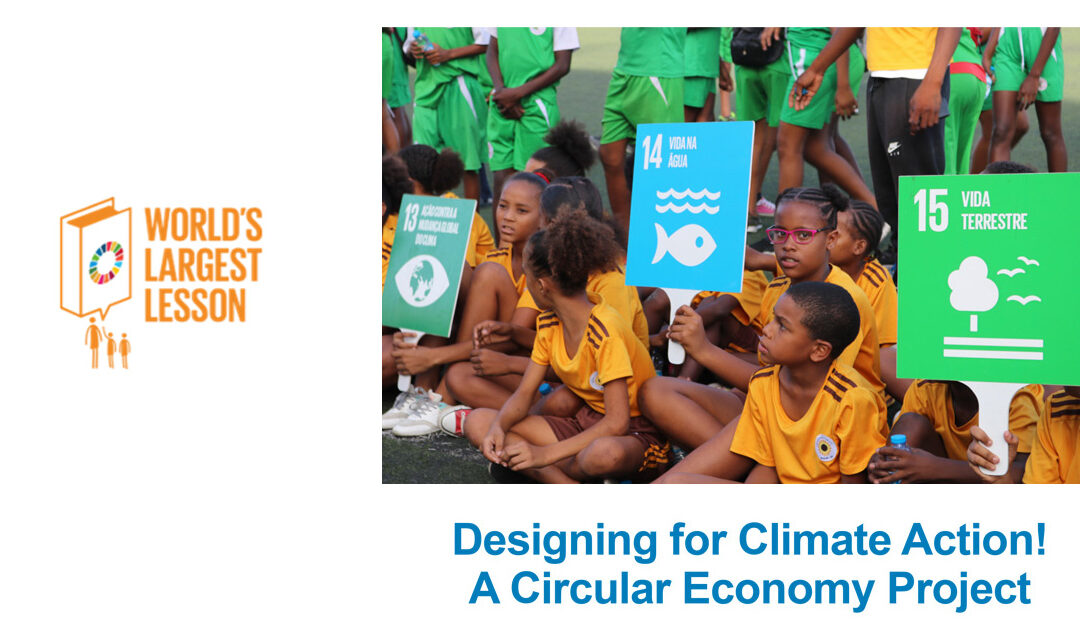
Designing for Climate Action! A circular economy project
Designing for Climate Action is a Circular Economy Project resource that provides activities with resources and teacher slides to deliver a Design Thinking Project.
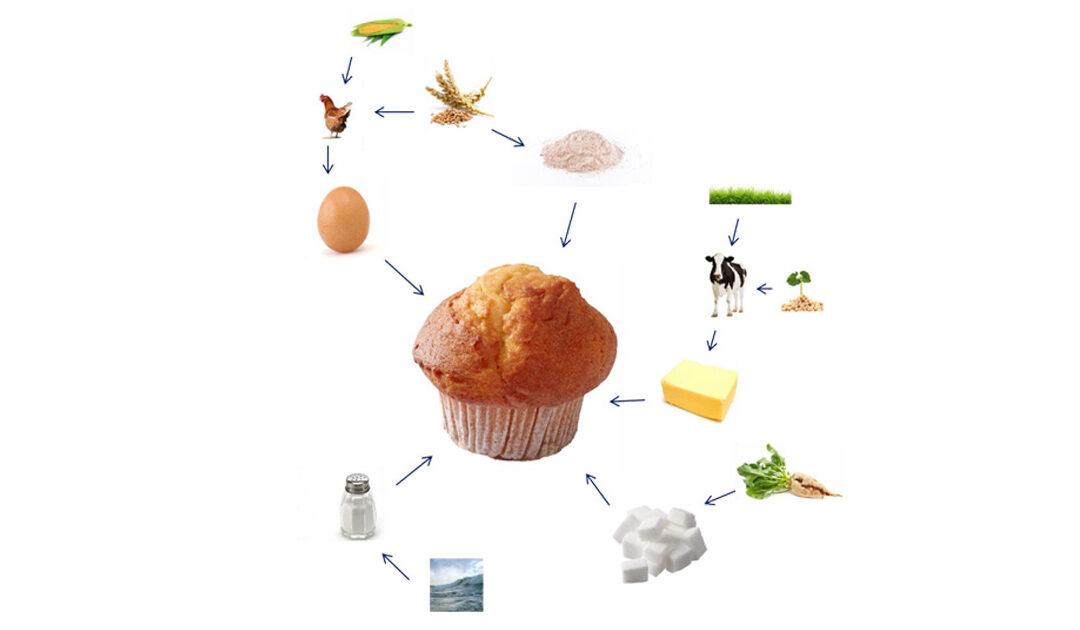
Baking Cupcakes – Sustainability Issues in Science Education
This activity engages students in baking cupcakes while analyzing the sustainability of key ingredients like cacao, vanilla, blueberries, or honey. Each group investigates their ingredient’s impact on people, planet, and prosperity, fostering awareness of environmental, social, and economic sustainability. Students then summarize their findings, connecting food choices to global sustainability.
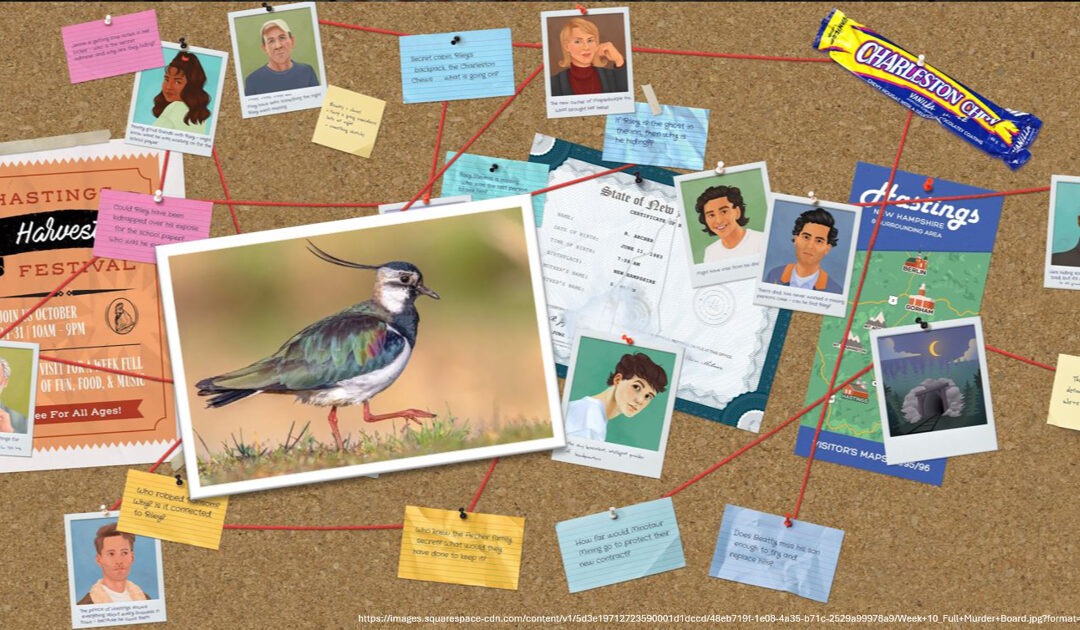
Lapwing in the vegetable field – a Mystery Game
The “Lapwing” resource uses the Mystery Method to engage students in exploring the decline of lapwing populations. Through inquiry-based learning, students analyze ecological, social, and economic factors, fostering critical thinking, teamwork, and environmental awareness, while highlighting the human impact on biodiversity and the importance of sustainable solutions.
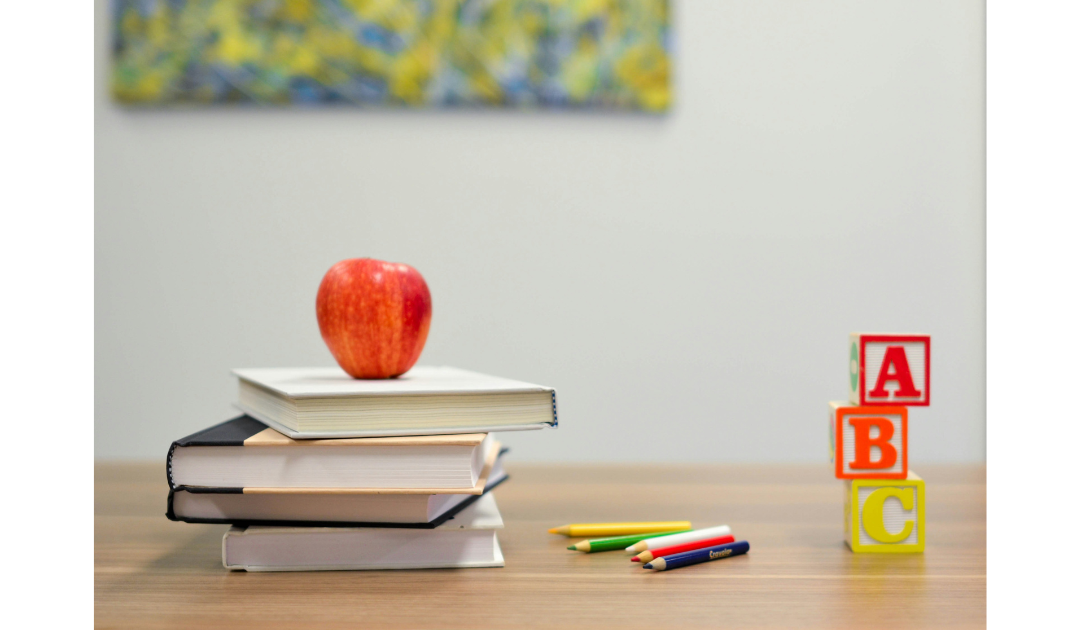
Stimulating Teacher Learning
This HEADstart provides practical tools for questions like
– How to move my team forward?
– How do I get my teachers excited to learn?
– How do I support my teachers in using the right interventions?
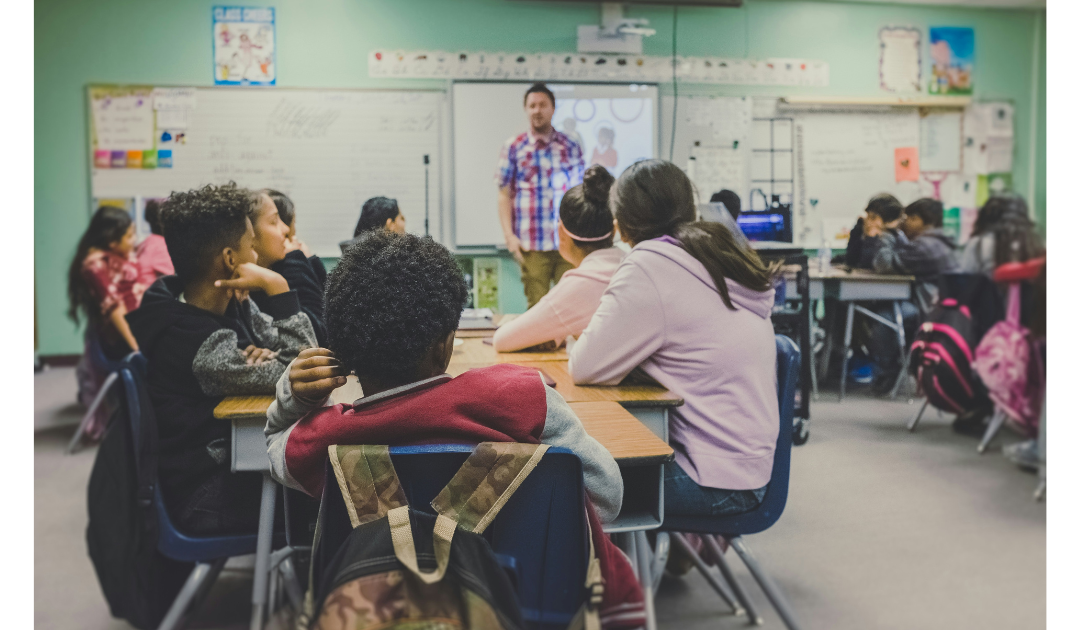
Stimulating teachers to conduct small scale experiments for school development
This Headstart addresses suggestions for the following practical questions:
• How do I ensure that teachers’ experiments contribute to school development?
• How do I ensure teachers’ meaningful participation in small-scale experiments?
• How do I use our teachers’ talents, experiences, beliefs, knowledge, and skills to conduct small-scale experiments?

Open Schooling Advocacy Toolkit for Educators
The toolkit gives hands on tools for school heads and teachers on open schooling and addresses both beginners and those who want to improve on current practice, and tackles potential bears on the road.

BioBeo – Shared Leadership at Different Governance Levels
This is part of a training on engaging stakeholders, with a focus on parents and students within the context of a project on sustainability practices. The chapter includes an introduction, 4 activities and further reading ideas.
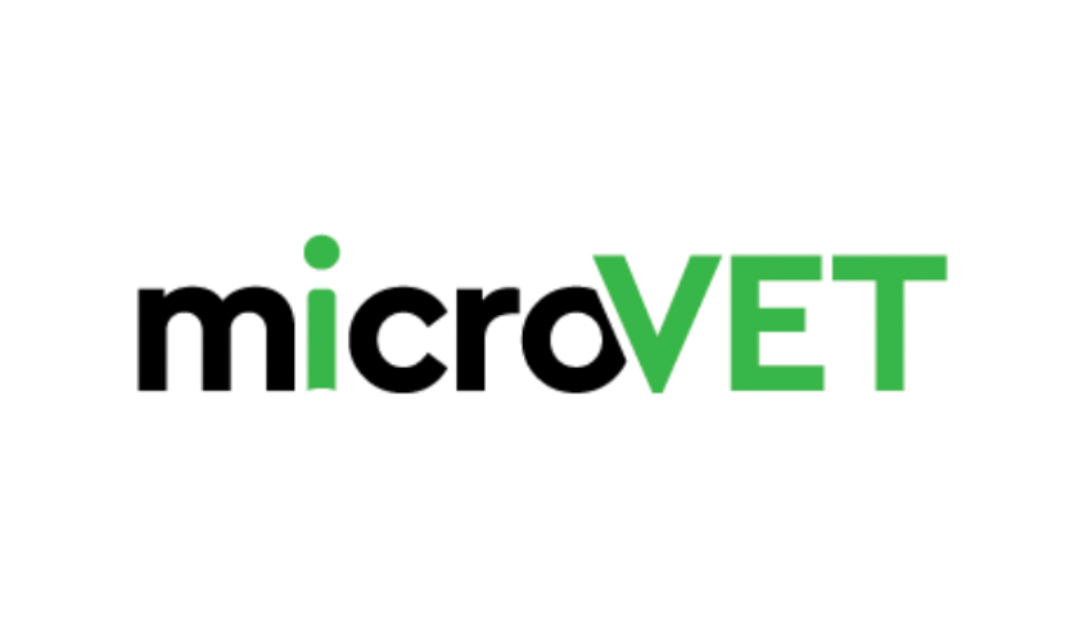
Inclusive science education and art
This resource links to a micro-credential course on inclusive science education and art through the Open-Ended scenario Framework.
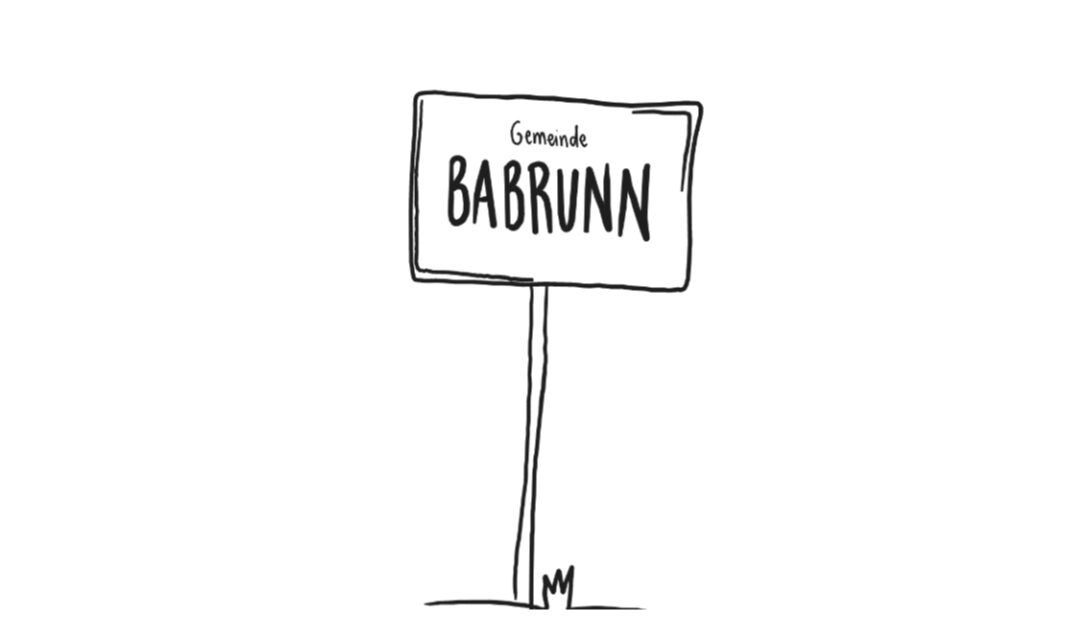
Babrunn’s Future: Sustainability in Action
The “Babrunn” resource is a role-playing game where students debate the construction of a water park, balancing environmental, economic, and social factors. It fosters critical thinking, collaboration, and sustainability awareness, allowing students to explore real-world challenges in community planning and democratic decision-making.

